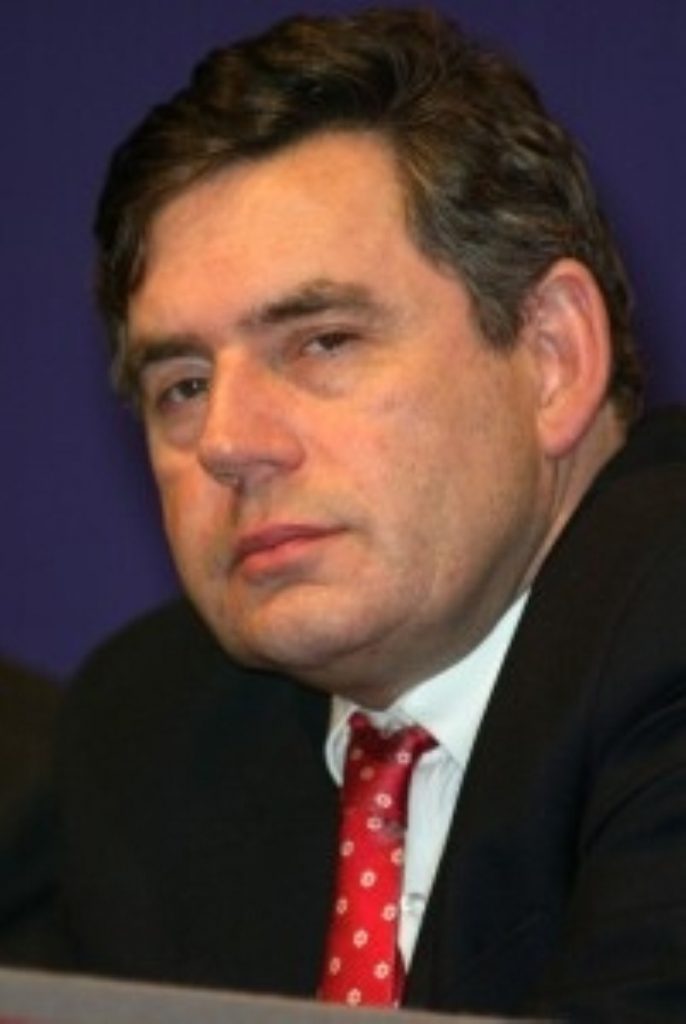Tanzania a “trailblazer” clearing Third World debt
Chancellor of the Exchequer Gordon Brown has announced that Tanzania is to become the first developing country to have its debt written off under the international finance facility.
Britain is expected to meet a tenth of the cost of the impoverished country’s debt repayments to the World Bank.
The Tanzanian government said the £50 million of debt relief would help it to achieve the goal of having half of its children in secondary education by 2015.
“What we offer to Tanzania today we now offer to the whole developing world tomorrow. So in Africa, Asia and Latin America we make this offer not just to the 37 heavily indebted poor countries, but to all low income countries as long as they can ensure debt relief is used for poverty reduction,” Mr Brown said.


Mr Brown is pushing to axe huge chunks of the $80 billion debt, owed mostly by African countries, to multinational institutions such as the World Bank, the IMF and the African Bank for Reconstruction.
Mr Brown has said 2005 will be “a make or break year” in the fight against global poverty.
Mr Brown, on a weeklong whistle-stop tour of Tanzania, Mozambique and South Africa to promote Britain’s presidency of the G8 of leading industrial nations, said the deal proffered to Tanzania would be extended to 70 poor countries, including those countries hit by the Boxing Day tsunami in the Indian Ocean, which claimed the lives of 150,000 people across 11 nations.
Should all the countries accept the offer, Britain will pay between £635 million and £1 billion over the next ten years.
In a speech at the British High Commission in Tanzania, Mr Brown urged rich nations to spend an extra £5 billion a year to fight the Aids epidemic.
At present, some £400 million a year is paid out on developing an Aids vaccine.
Mr Brown wants total funding to grow to £25.5 billion.
“If we just keep spending at the current level, we could expect to have a partially effective vaccine for the developing world – one that could save 40 million lives and around $900 billion over the subsequent two decades – only by 2015 at best or, more likely, 2020,” Mr Brown said.
“But if by doubling research and government spending over the next five to ten years, we could bring forward a discovery by three years and we could save six million lives that otherwise would be lost, future HIV/Aids treatment costs could be reduced by £2 billion, money that could then be spent on education, water supplies and other critical needs.”
Mr Brown made the case for the creation of a body to co-ordinate HIV/Aids research across the globe.
“Aids is the single biggest killer in Africa. In sub-Saharan Africa alone, 25 million are infected, with at least four million new infections and 2.2 million deaths each and every year,” he said.
“As a result of this disease, life expectancy in sub Saharan Africa has fallen from 62 to 47 years.”
Mr Brown travelled on to Mozambique on Friday, ahead of his scheduled meeting with Thabo Mbeki, president of South Africa, and Nelson Mandela, at the Commission for Africa over the weekend.












